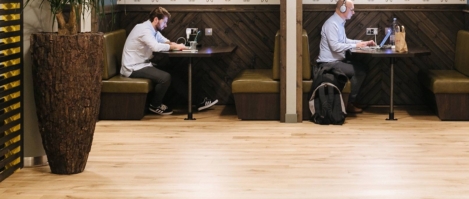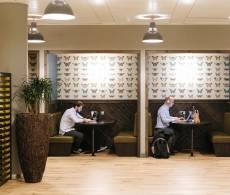February 15, 2016
Government needs to play catch up with needs of the self-employed 0
 Politicians and legislators are failing to keep pace with the changing nature of work and as a result many of the UK’s growing army of freelancers feel like second class citizens. That is the key finding of a new report commissioned by the Government and authored by entrepreneur Julie Deane. She claims that the Government should do more to bring the self-employed into line with legislation affecting the wider working population, including access to higher rates of parental leave and pay. The report sets out ten key recommendations, notably that the parental allowance should be brought into line with the rules for employees, who are paid a higher portion of their salary for the first six weeks of statutory maternity pay before the percentage drops. It also suggests that the education system should do more to prepare young people for a changing world of work and that more should be done to offer a choice of workplaces for the self-employed..
Politicians and legislators are failing to keep pace with the changing nature of work and as a result many of the UK’s growing army of freelancers feel like second class citizens. That is the key finding of a new report commissioned by the Government and authored by entrepreneur Julie Deane. She claims that the Government should do more to bring the self-employed into line with legislation affecting the wider working population, including access to higher rates of parental leave and pay. The report sets out ten key recommendations, notably that the parental allowance should be brought into line with the rules for employees, who are paid a higher portion of their salary for the first six weeks of statutory maternity pay before the percentage drops. It also suggests that the education system should do more to prepare young people for a changing world of work and that more should be done to offer a choice of workplaces for the self-employed..






















 This week the UK’s Health Secretary found himself at the centre of a storm because of
This week the UK’s Health Secretary found himself at the centre of a storm because of 











February 5, 2016
Employers believe Millennials are the most demanding workers 0
by Sara Bean • Comment, News, Wellbeing, Workplace
More →